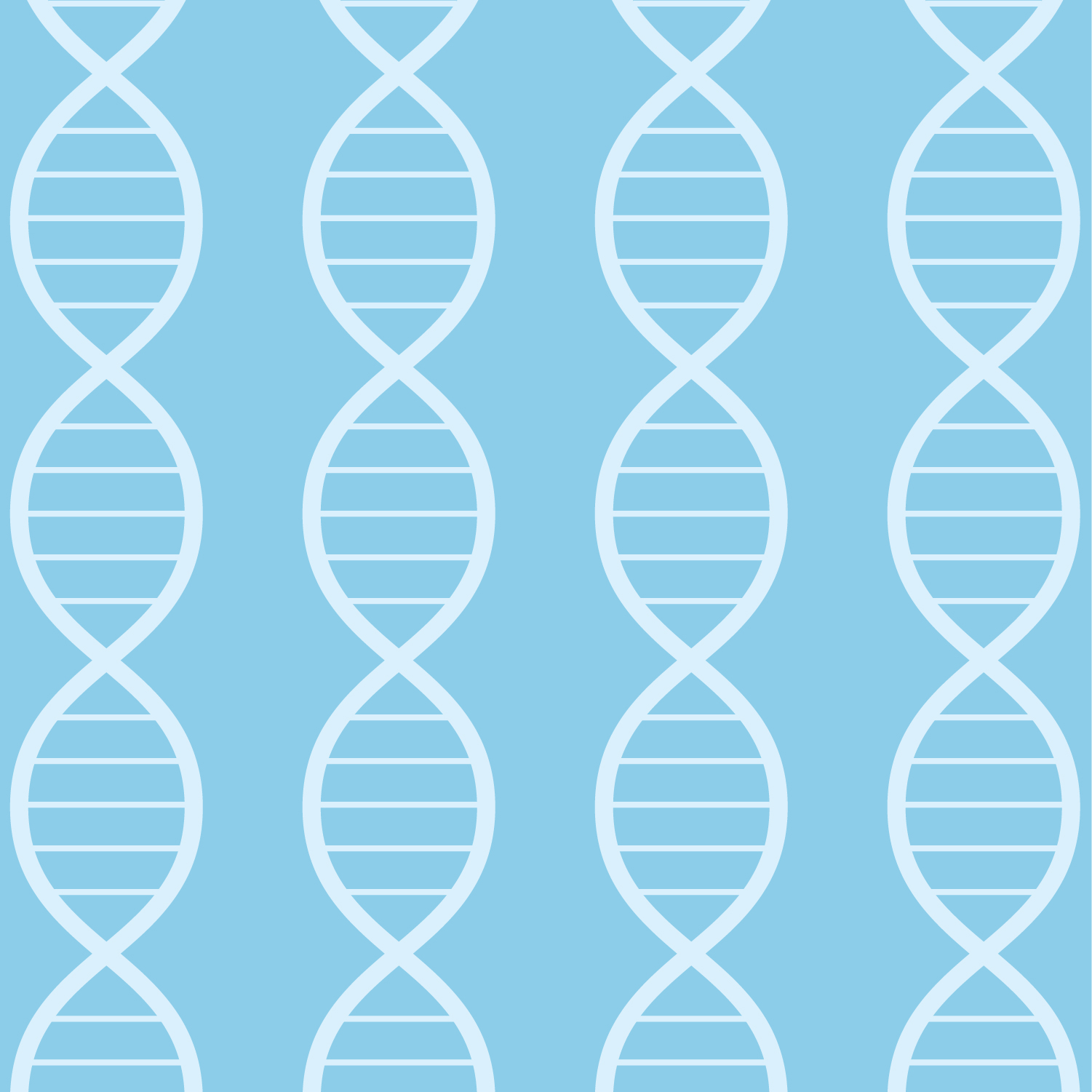BSCS Paper Published in Science: Humane Genomics Education Can Reduce Racism
February 22, 2024
A rigorous line of research at BSCS Science Learning shows genomics education can either promote or counteract racist and sexist beliefs during adolescence. Dr. Brian Donovan and his research team have published their latest insights in the February 23 issue of Science.
The new paper is entitled: “Humane Genomics Education Can Reduce Racism.” It is authored by Brian M. Donovan, Monica Weindling, Jamie Amemiya, Brae Salazar, Dennis Lee, Awais Syed, Molly Stuhlsatz, and Jeffrey Snowden.
About the Study
This paper reports the findings of a randomized trial where we explore what happens when high school biology classrooms move beyond the basics of genetics to tackle the complexity of inheritance for the purpose of refuting genetic essentialist views about race. Genetic essentialism is the belief that certain races or genders are superior to others because of their genes. It’s biologically inaccurate and could lead to stereotyping and discrimination.
Key Findings
- When biology teachers move their instruction beyond basic Mendelian genetics to tackle the complexity of inheritance and refute essentialism, it causes
- an increase in students’ genomics knowledge,
- a decrease in students’ racial biases, and
- an increase in students’ beliefs that racism is a real problem to be addressed.
- Our more complex and scientifically accurate Humane Genomics instruction did not cause students to experience greater frustration, anxiety, or confusion compared to basic Mendelian genetics.
- Teachers are ready to effectively implement the curriculum in their classrooms with 40 hours of professional development via an online platform.
Our findings can be generalized to high schools in 20 US states and replicated at the undergraduate level.
Implications of These Findings
We need to move beyond the basics of genetics and instead teach students about the complexity of inheritance for the purpose of refuting naïve and biologically inaccurate essentialist beliefs. Moving beyond the basics and toward this more accurate view of human inheritance can help create a more genetically literate and socially accepting society.
